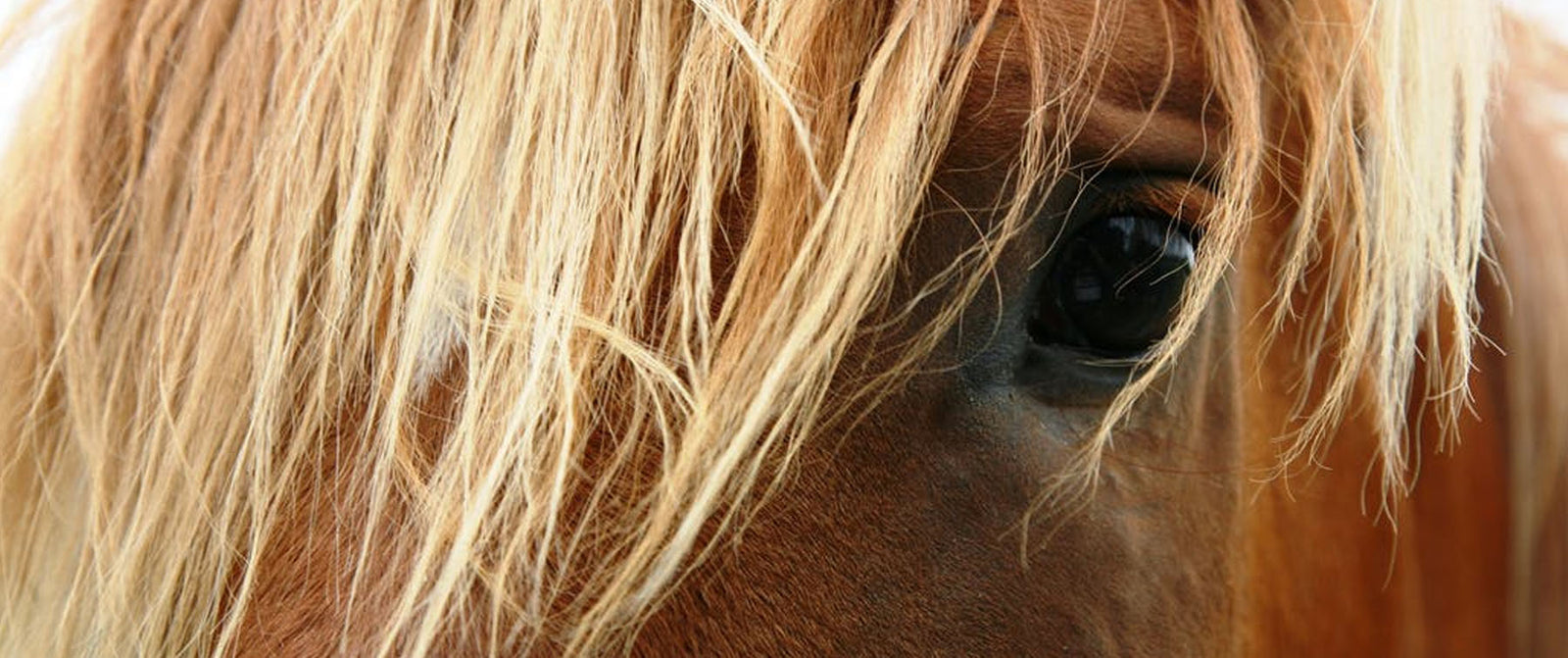FREE SHIPPING OVER £49 T&C'S APPLY
Travelling with Horses Tips for a safe journey
March 07, 2018 3 min read 0 Comments

Transporting with your horse can be a worry, but for those who want to train or compete away from home, it is a necessity. It's important to make the experience as safe and stress-free as possible. Whether you're travelling to the other end of the country or to the next county over, we compiled a list of our top tips for travelling with your horse to make your journey easier.
Preparing for a Journey:
Write Lists: Make sure you have all the necessary equipment in order before you set off, all your tack, first aid kits, Hay nets, extra food and water in case of delays and problems. and any other supplies you may need. It would be awful if you got all the way there only to realise you've forgotten something. Most importantly don't forget your horse's passport!
Vehicle / Trailer Checks: Make sure you have everything in order: MOT, Tax, Insurance and check your weight restrictions and Defra guidelines. Check the vehicle floor for damage before leaving and make sure it can definitely hold your horse and their weight so any injuries are prevented.
Boots, Rugs and Wraps: Make sure your horse has suitable boots and wraps for travelling to prevent damage from kicking or other accidents. You should rug your horse according to weather to keep your horse as comfortable as possible, and don't forget to always travel in breathable materials where any vapour can wick away and keep your horse comfortable and dry. You should only use a tail bandage if you're on a short journey that doesn't exceed 3 hours. If your journey extends passed that then a tail guard is advised as a replacement.
Route Planning: Allow plenty of time for traffic delays, plan your routes ahead of time to avoid peak times and setbacks. Remember: Sat Navs are great but they don't factor in tolls, low bridges or weight restrictions, so be sure to be aware of any of these before you set off. Pin-out where your rest stops are going to be and pinpoint any veterinary centres, that maybe along the way, just in case of an emergency or accident.
Practise and Training: If you have an inexperienced horse who has never travelled or rarely travels, training is advised. Try practise short journeys, getting them in the box so they don't get stressed. The more practice the better, you want your horse to be as comfortable as possible. A good travel companion who is experienced in travel situations can help young inexperienced horse and calm them down a little. As well as practising journeys, it's a good idea to practise wearing travel boots and wraps for the first time they wear them it can be unfamiliar and can walk slightly funny.

During the Journey:
The journey its self is more about maintenance, try your best to avoid rush hour as this will reduce your chance of delays and allow a smoother journey overall. Make sure your Vehicle/ Trailer is well ventilated and clean to give your horse the best possible journey.
After a Journey:
Before anything, Check your horse as soon as you arrive for injuries and general sickness. Try and take and get them to walk around the grounds a little and encourage them to stale. After travelling a horse's immunity can decrease and can take up to a day to recover fully so should be monitored within that time period. Thoroughly check your horse for any injuries or disease.
Also in PetnPony Blog

Chronic Kidney Disease in Cats - Royal Canin
February 24, 2025 3 min read 0 Comments
Cats - like dogs and humans - have two kidneys situated in the abdomen close to the spine and last rib. They are vital organs, continually filtering toxins and waste materials from the blood and producing urine to enable those toxins to be excreted from the body.

Fuel Their Joy, Feed Them Natural: Discover Premium Dog Foods at PetnPony
August 08, 2024 4 min read 0 Comments

20% Off Burns Original Recipes at PetnPony this August! Natural, Hypoallergenic, and Delicious!
August 05, 2024 3 min read 0 Comments

